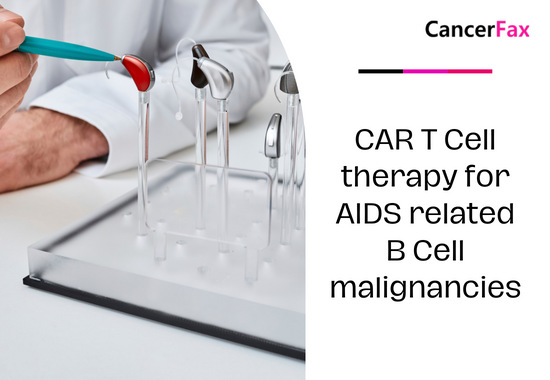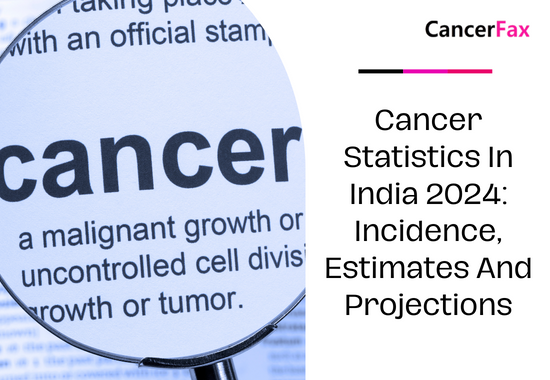Cancer genetic testing
Cancer gene testing guides targeted therapy as the core technology for precise cancer treatment. Every cancer patient should perform cancer gene testing for himself, looking for effective targeted drugs and clinical trials for treatment. The Global Oncologist Network, in conjunction with the US genetic testing agency and the domestic top-notch genetic testing agency, provides patients with accurate cancer genetic testing and expert consultation services to help patients formulate the most accurate treatment plan.
The FDA recently approved Iressa as a single-agent therapy for metastatic non-small cell lung cancer (NSCLC) positive for epidermal growth factor receptor (EGFR) mutations confirmed by an FDA-approved companion diagnostic kit.
Iressa is the first molecularly targeted drug for the treatment of lung cancer in China. It was officially launched in China with the approval of the State Food and Drug Administration in 2005, opening a new era of treatment for patients with advanced non-small cell lung cancer. Iressa brings more optimized treatment options to lung cancer patients in China to improve their quality of life and has a tendency to prolong their survival. On the 6th anniversary of the listing of Iressa, Iressa was also approved as a first-line treatment for non-small cell lung cancer.
Lung cancer is the number one cancer among tumor-related death rates in China. Non-small cell lung cancer (NSCLC) accounts for approximately 85% of all lung cancer cases.
At present, the treatment of lung cancer is still mainly surgery, radiation therapy, and drug therapy. Drug therapy for lung cancer includes chemotherapy and molecularly targeted drug therapy (common to EGFR-TKIs).
The treatment of lung cancer, especially non-small cell lung cancer, advocates an individualized treatment model. It is based on the driver gene expression status of lung cancer patients, that is, individualized treatment based on whether lung cancer patients have driver genes. Among them, epidermal growth factor receptor (EGFR) belongs to tyrosine kinase receptor, and its signal transduction pathway regulates cell growth, proliferation and differentiation. In cancer, it is found that various mutations often occur in the EGFR tyrosine kinase region. These mutations are closely related to the efficacy of tyrosine kinase inhibitors. EGFR mutation is an important cancer driver. EGFR mutation is a strong predictor of whether cancer patients are sensitive to TKI. Therefore, the detection of EGFR gene mutations can provide a basis for tumor targeted therapy. The EGFR mutation rate of lung cancer patients in China is 30% -40%.
EGFR gene mutation sites determine whether non-small cell lung cancer patients can use Iressa, Tarceva and other targeted drugs. Iressa / Trokai mutations in exons 18, 19, 20, and 21, especially the deletion of exon 19 or the mutation of exon 21, have a significant effect. It is recommended that patients with non-small cell lung cancer undergo genetic testing before using targeted drugs such as Iressa / Troca.

